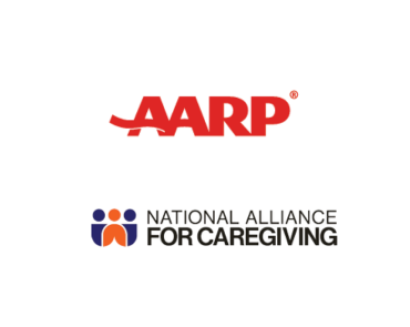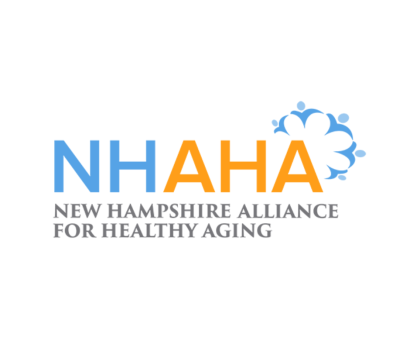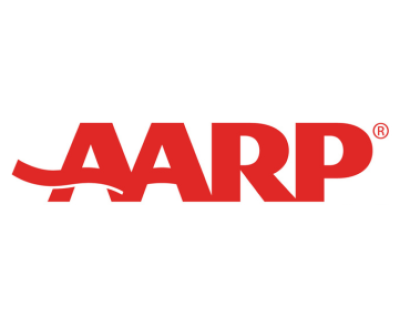
Family caregivers play a crucial role in sustaining New Hampshire's long-term supports and services delivery system. The work of family caregivers often delays or avoids the need for more costly services. Investing in family caregiver support is essential for the well-being of individuals and communities in New Hampshire.
Why It Matters
The amount of work caregivers provide cannot be overstated. From providing hands-on care to driving a loved one to medical or dental appointments, family caregivers in New Hampshire provide an astounding $2.8 billion worth of unpaid care each year. While caregiving can be rewarding, it can also come with challenges including work conflicts, increased stress, and social isolation. Yet without caregivers, New Hampshire's long-term supports and services delivery system would collapse.
By the Numbers
281,000
The estimated number of family caregivers in New Hampshire.
AARP and National Alliance For Caregiving: Caregiving in the US 2025
$2.8 billion
Provided in upaid care every year by family caregivers in New Hampshire.
1 in 4
Adults is a family caregiver.
Caregiving in the U.S. 2025 Report by AARP and National Alliance for Caregiving
50%
Of caregivers report negative financial impact due to caregiving.
Caregiving in the U.S. 2025 Report by AARP and National Alliance for Caregiving
Our Impact
The New Hampshire Alliance for Healthy Aging (NHAHA) Advocacy is committed to advancing policy and obtaining funding for essential caregiver support services. NHAHA Advocacy helped increase funding for adult day centers by 38% in 2021 and secured $500,000 to fund an Alzheimer's Awareness Campaign in 2023. In 2025, New Futures and NHAHA Advocacy along with key stakeholders helped secure an additional $100,000 for the state's Alzheimer's Disease and Related Disorders (ADRD) Caregiver Respite program in the 2026-25 state budget. This program supports New Hampshire caregivers by providing them with necessary breaks from caregiving.





.png?resize=410x0)

